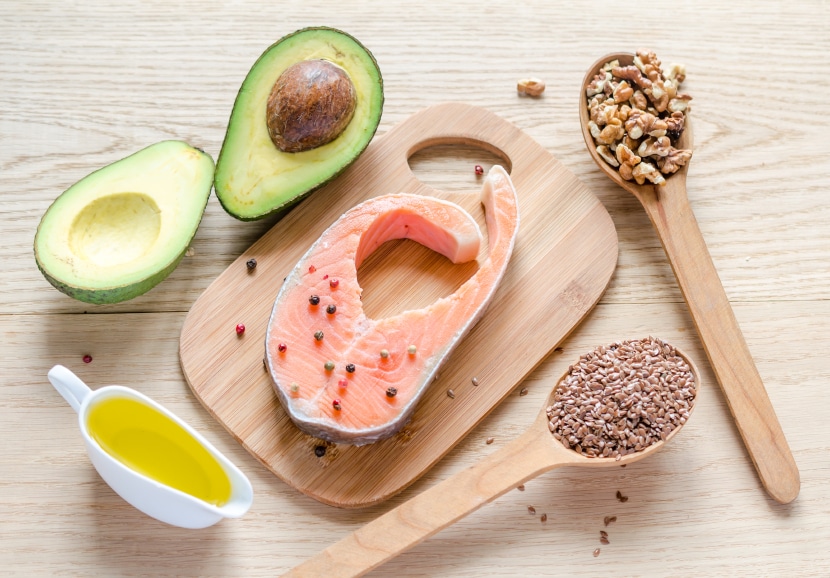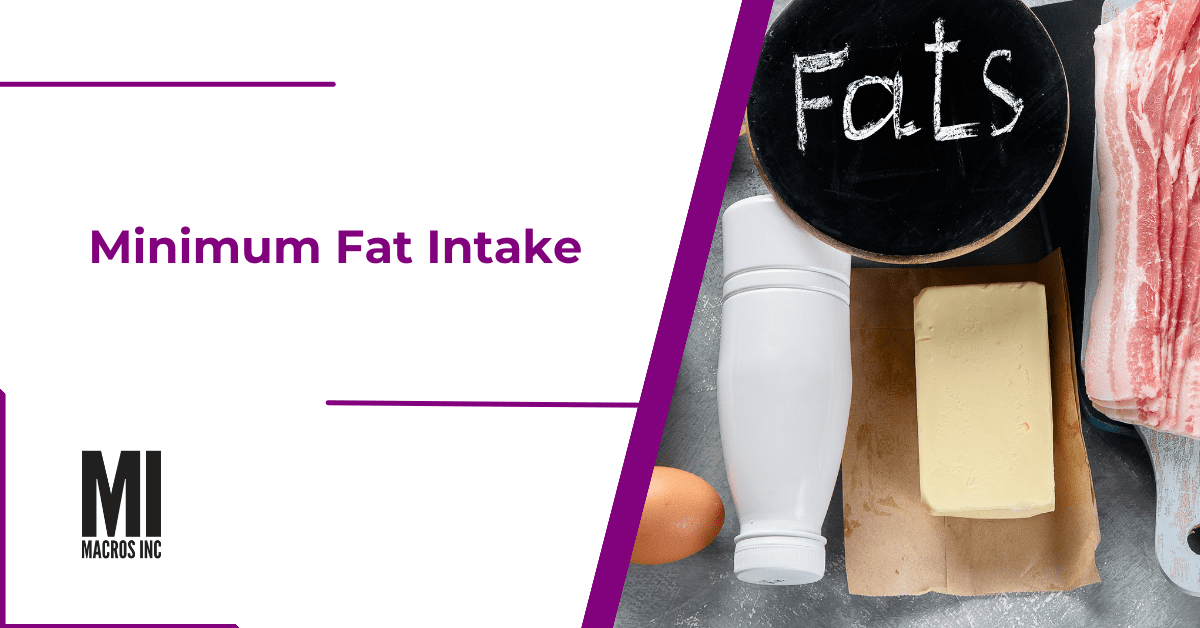
Introduction
There are three main macronutrients: protein, carbs, and fat. While protein and carbohydrates get much of the attention, it is important to understand how much fat you need as well. Low-fat approaches can be very useful for dieting, but at some point how low is too low to go for your fat intake? That is what we will cover in this NutriWiki article.
Why Fat Intake Matters
In the world of nutrition, much attention is often given to protein and carbohydrates, while fat is sometimes overlooked or even feared. However, it is essential to understand that fat plays a crucial role in our overall health and well-being. In this chapter, we will explore why fat intake matters and why finding the right balance is essential for optimal nutrition.
Energy Source and Nutrient Absorption:
Fat is a concentrated source of energy and plays a crucial role in providing fuel during times when carbohydrates are not readily available. It also aids in the absorption of fat-soluble vitamins, ensuring optimal nutrient utilization.
Hormone Regulation
Fat is involved in hormone production and regulation, including important hormones like testosterone, estrogen, and cortisol. Maintaining a balanced fat intake supports optimal hormone function, influencing various bodily functions and overall health.
Cell Structure and Function
Dietary fats contribute to the structure and integrity of cell membranes. Essential fats, such as omega-3 and omega-6 fatty acids, are necessary for inflammation regulation, brain health, heart health, and immune function. Adequate fat intake supports cellular health and optimal bodily function.
Recommended Fat Intake Guidelines
Minimum Fat Intake
To ensure proper bodily function and meet basic nutritional requirements, it is recommended to consume a minimum amount of dietary fat. A general guideline suggests a minimum fat intake of 0.25 grams per pound of body weight. This minimum threshold helps provide essential fatty acids, support hormone production, and maintain overall health.
Fat Intake during Dieting
During periods of dieting or weight loss, it is common to adjust macronutrient ratios. When dieting, a reasonable approach is to set the minimum fat intake at 15-25% of total calories consumed. This range helps preserve muscle mass, support hormone balance, and ensure adequate nutrient absorption.
Adjusting Fat Intake Post-Diet or during Diet Breaks:
Once a dieting phase is complete or during planned diet breaks (usually occurring every 8 weeks), it is recommended to increase fat intake. If fat intake during the dieting phase was below 0.3 grams per pound, gradually increasing fat intake to at least 0.3 grams per pound is advisable. This adjustment helps restore hormonal balance, promote satiety, and support overall health.
How Many Grams of Fat Per Day
Recommended fat intake guidelines suggest a minimum threshold of 0.25 grams per pound of body weight to meet essential fatty acid requirements and support overall health. During dieting, a range of 15-25% of total calories is often recommended to preserve muscle mass and ensure proper nutrient absorption.
Post-diet or during diet breaks, gradually increasing fat intake to at least 0.3 grams per pound can help restore hormonal balance and support satiety. Remember to consider individual factors and seek professional guidance for personalized recommendations tailored to your specific goals and needs.

